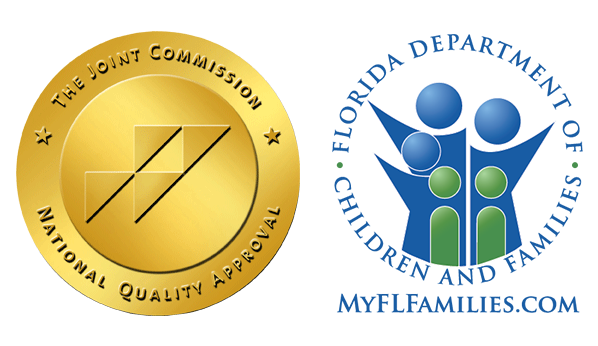Drug addiction is the incapability to control the impulse to use a drug or medication. This uncontrollable urge is present even when negative consequences arise. A person who is addicted to a drug will have significant changes in behavior and brain function. Many people ask about a common party drug called Molly. You may wonder if using this drug will cause drug addiction and what the symptoms of using Molly will be.
What Is Molly?
Chemically, methamphetamine and amphetamine are chemically related to molly, a synthetic psychoactive substance. It is typically discovered as a whitish or brown crystal powder.
Ecstasy, X, Adam, clarity, essence, and love drug are other names for MDMA. MDMA has effects that are comparable to those of methamphetamine and amphetamine. It can make someone feel energized, euphoric, and emotionally open when consumed in large doses. The user may experience more empathy and connection to others as a result. Neurotoxicity exists with MDMA. This implies that the brain may be harmed. It has been linked to long-term issues, such as:
- Problems with memory
- Difficulties with decision-making
- Erratic moods
- Increased risks of developing a mental illness.
If used repeatedly, this medication can have a significant negative impact on a person’s way of living.
What Is Molly Actually Made of?
The reality is that it differs from one batch to the next. MDMA is frequently combined with other substances that have MDMA-like effects. These additional substances may include PCP, ephedrine, caffeine, methamphetamine, bath salts, ketamine, and caffeine. Depending on the other substances that are taken with MDMA when you take Molly, you might have a different experience every time. The addictiveness and unpredictability of Molly are increased by the addition of these other drugs to its typically worrisome side effects. These unidentified substances may result in death, violent behavior, heart issues, renal failure, paranoia, and other problems.
Medical professionals must take extra time performing a tox screen in order to determine how to treat a patient who is admitted to the hospital without knowing precisely what has been taken. It might mean the difference between life and death during those additional minutes.
Is Molly Addictive?
Although MDMA affects many of the same neurotransmitter systems in the brain that are targeted by other addictive drugs, research hasn’t conclusively determined whether it is addictive. Animals will self-administer MDMA, according to experiments, though to a lesser extent than with some other addictive substances like cocaine. This behavior is a key indicator of a drug’s propensity for addiction.
Data from people and animals point to adaptations in the serotonin and dopamine systems brought on by frequent MDMA use, which is linked to substance use disorder and related behaviors like increased impulsivity. There haven’t been many studies that have tried to evaluate MDMA addiction or dependency in individuals who have previously used it in the general population. The findings of studies have been extremely inconsistent, most likely as a result of the various population samples and measurement types used. Some MDMA users report addiction-related signs, such as continued use despite unfavorable physical or psychological effects, tolerance, withdrawal, and craving.
Symptoms Of A Molly Addiction: Do You Or A Loved One Need Help?
Molly can affect the mind and body in a variety of ways. The immediate negative consequences include:
- Faulty decision making
- False feelings of love
- Confusion
- Depression
- Problems sleeping
- Severe phobia
- Paranoia
- Desire for drugs
- Stiff limbs
- Feeling dizzy, cold, or sweaty
- Teeth clenching uncontrollably
- Distorted perception
- Nausea
Molly also has adverse long-term consequences:
- Damage to the brain that may impair recall and thought
- Damage to various brain regions that regulate vital processes like sleep and mood
- Deteriorated nerve receptors and branches
- Depression
- Anxiety
- No memory
- Renal failure
- Hemorrhaging
- Psychosis
- A cardiovascular emergency
- Convulsions
- Death
Fighting any kind of addiction is overwhelming. Drug rehab in Delray Beach can help you recover from drug addiction. The Beachcomber rehab center Delray is a Residential Therapy Program designed to support you on your road to recovery. When seeking help with breaking free from a Molly addiction, look to private rehabilitation centers near me to provide the care needed to provide emotional, physical, and spiritual support.











